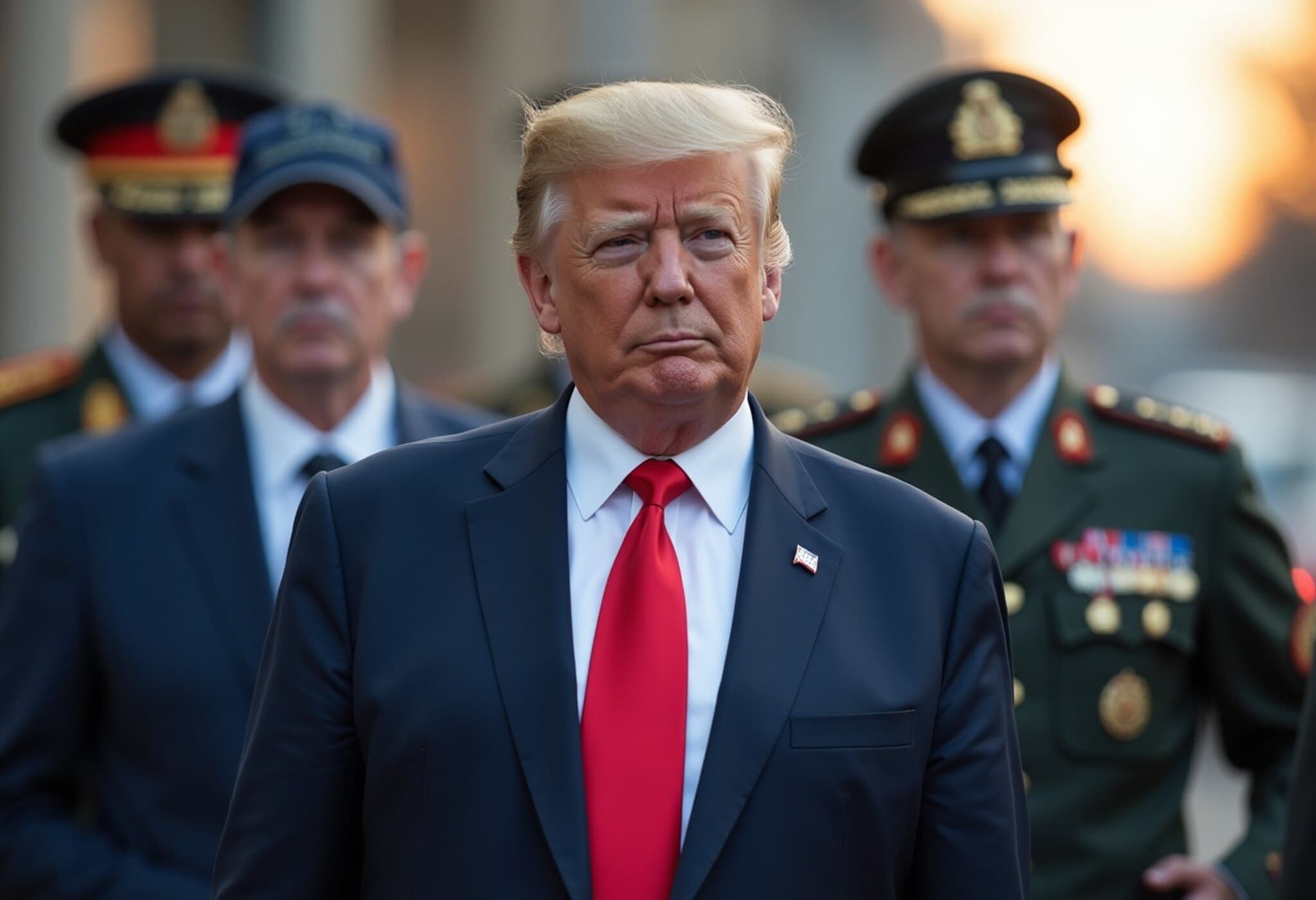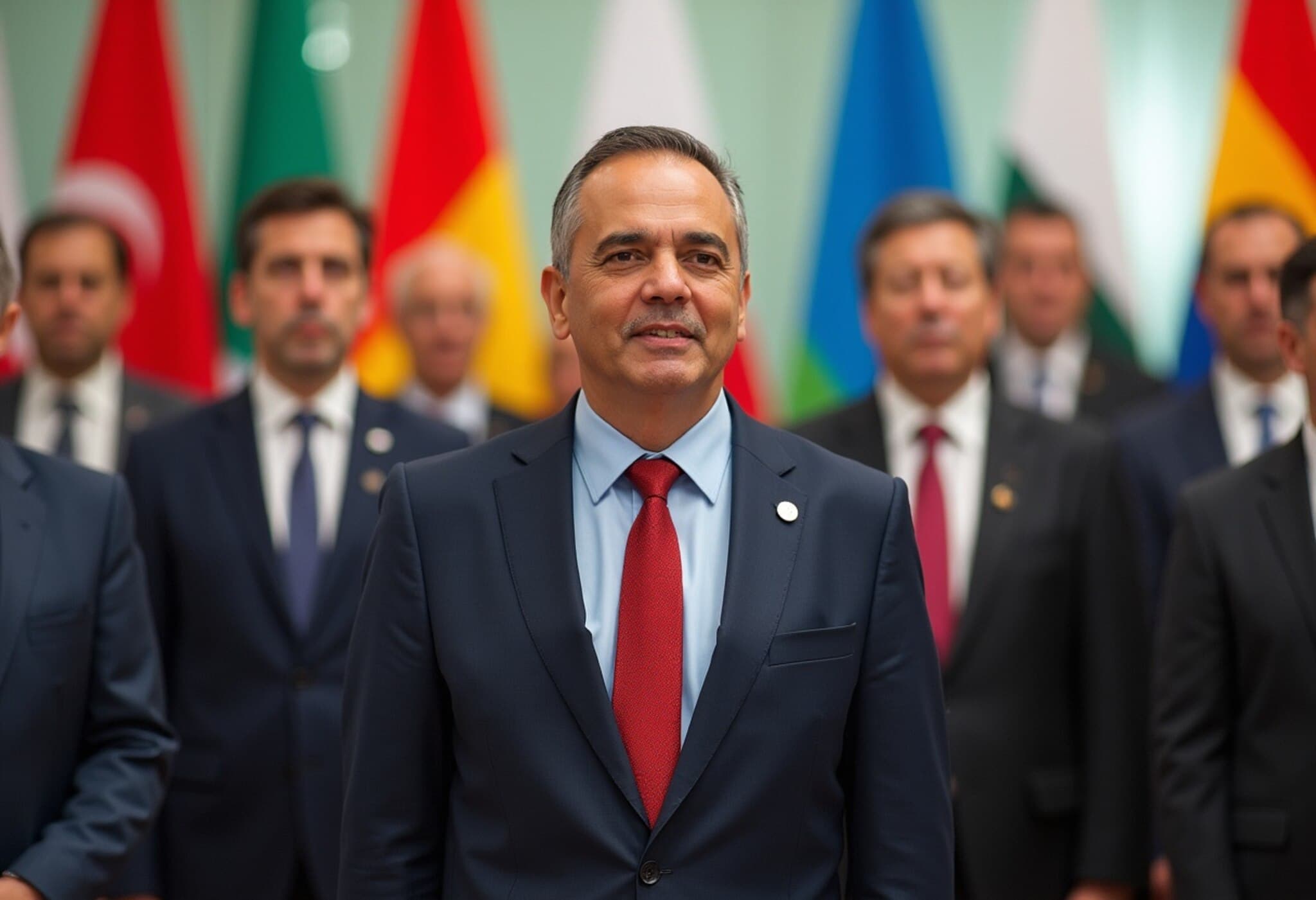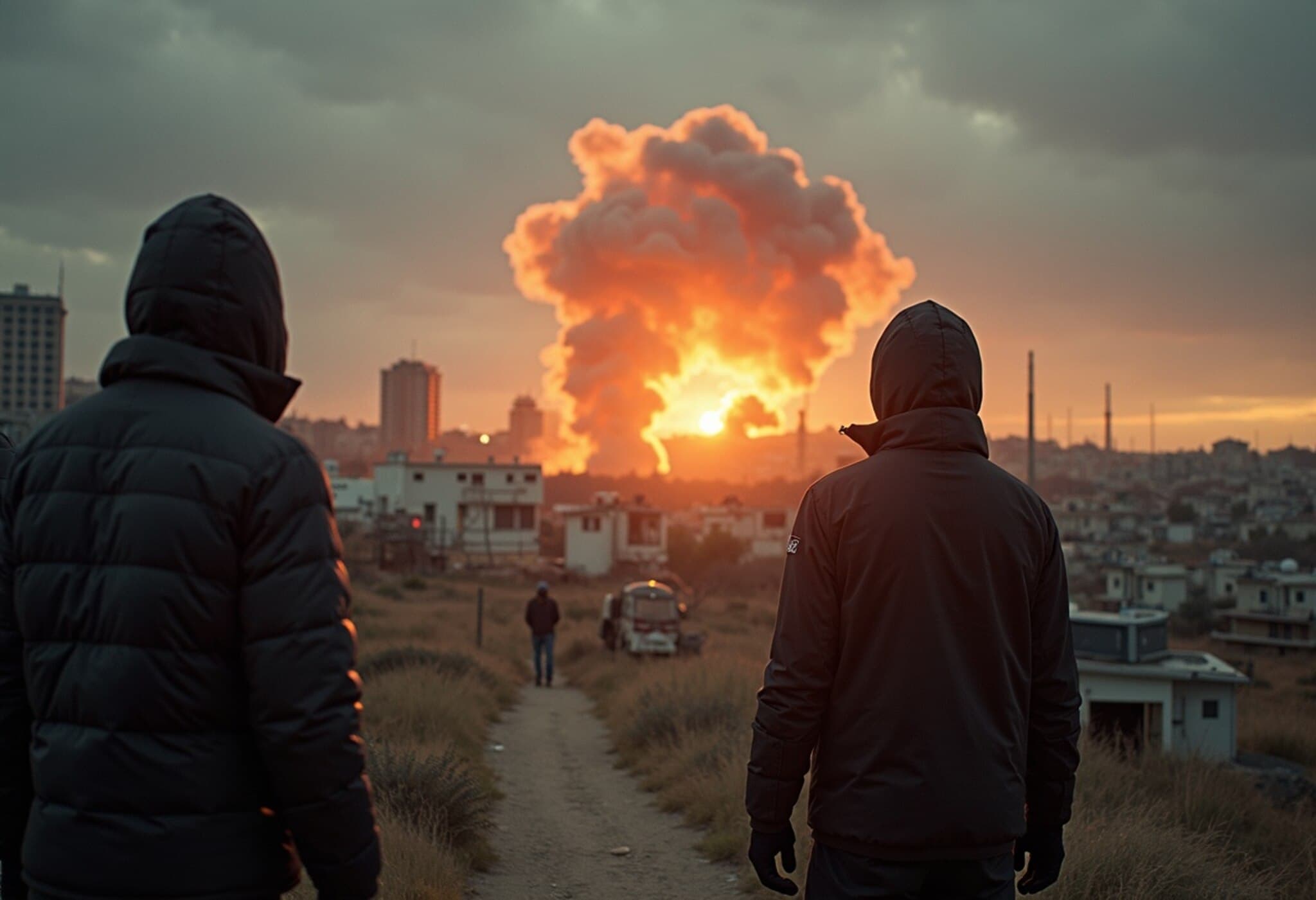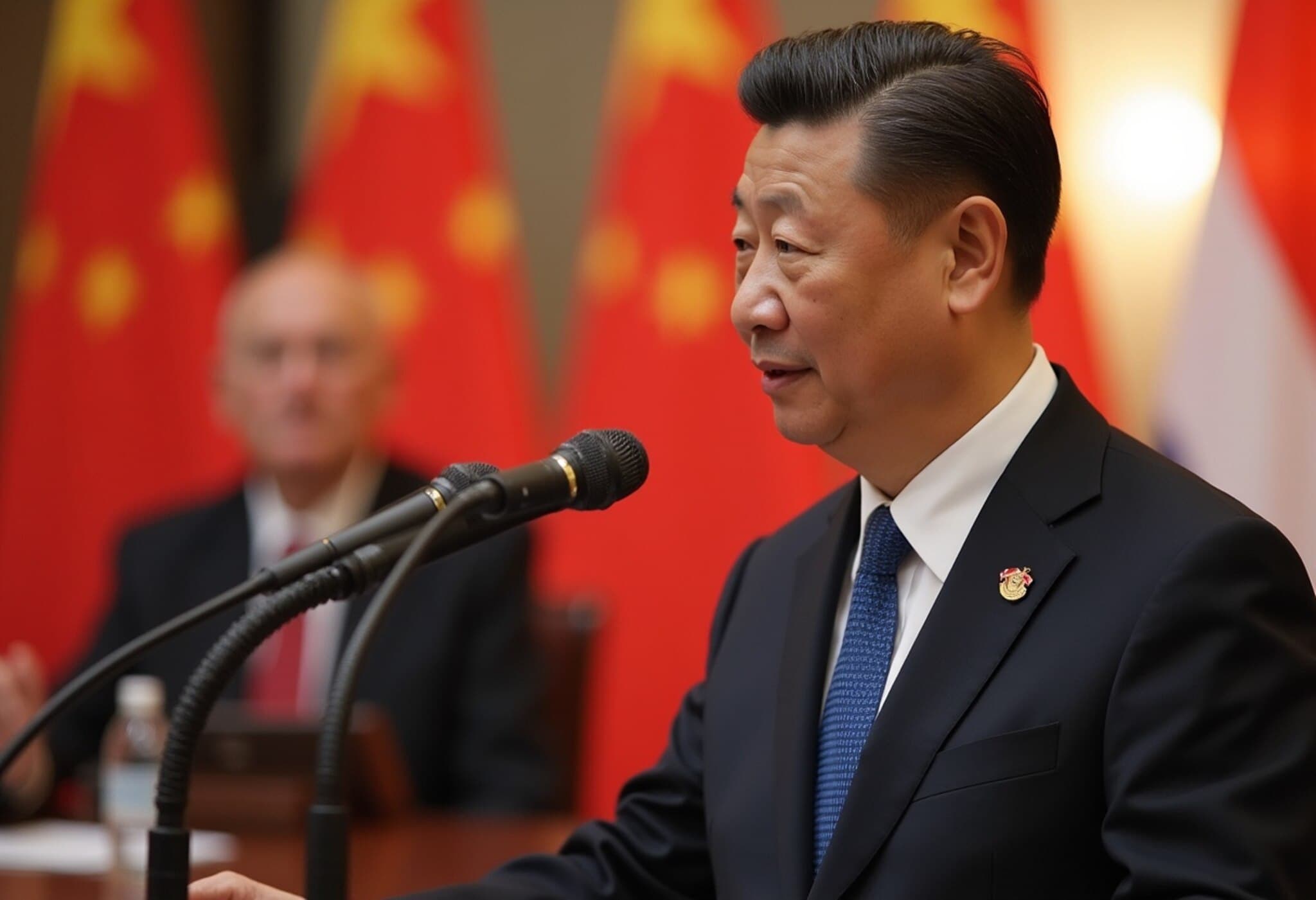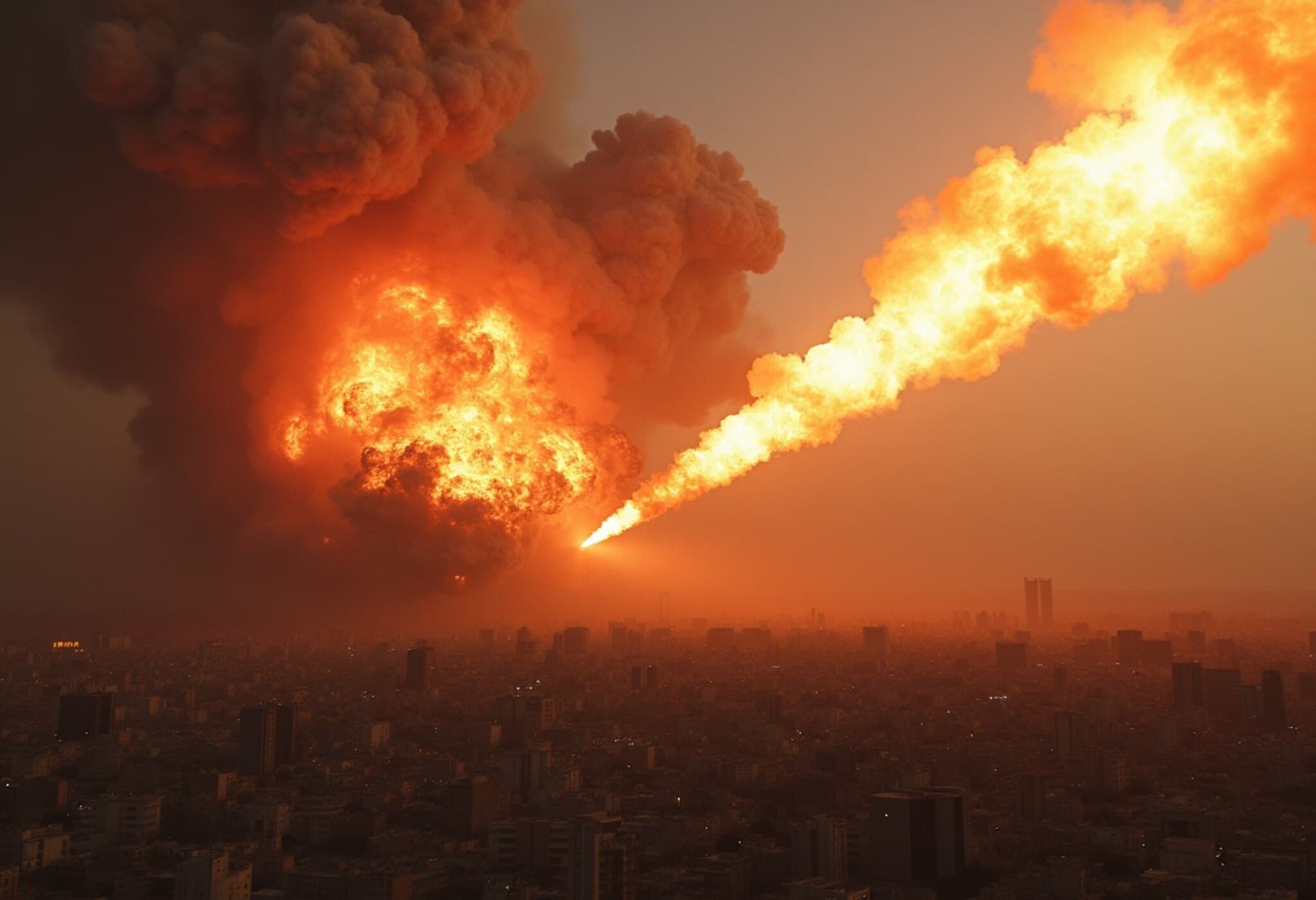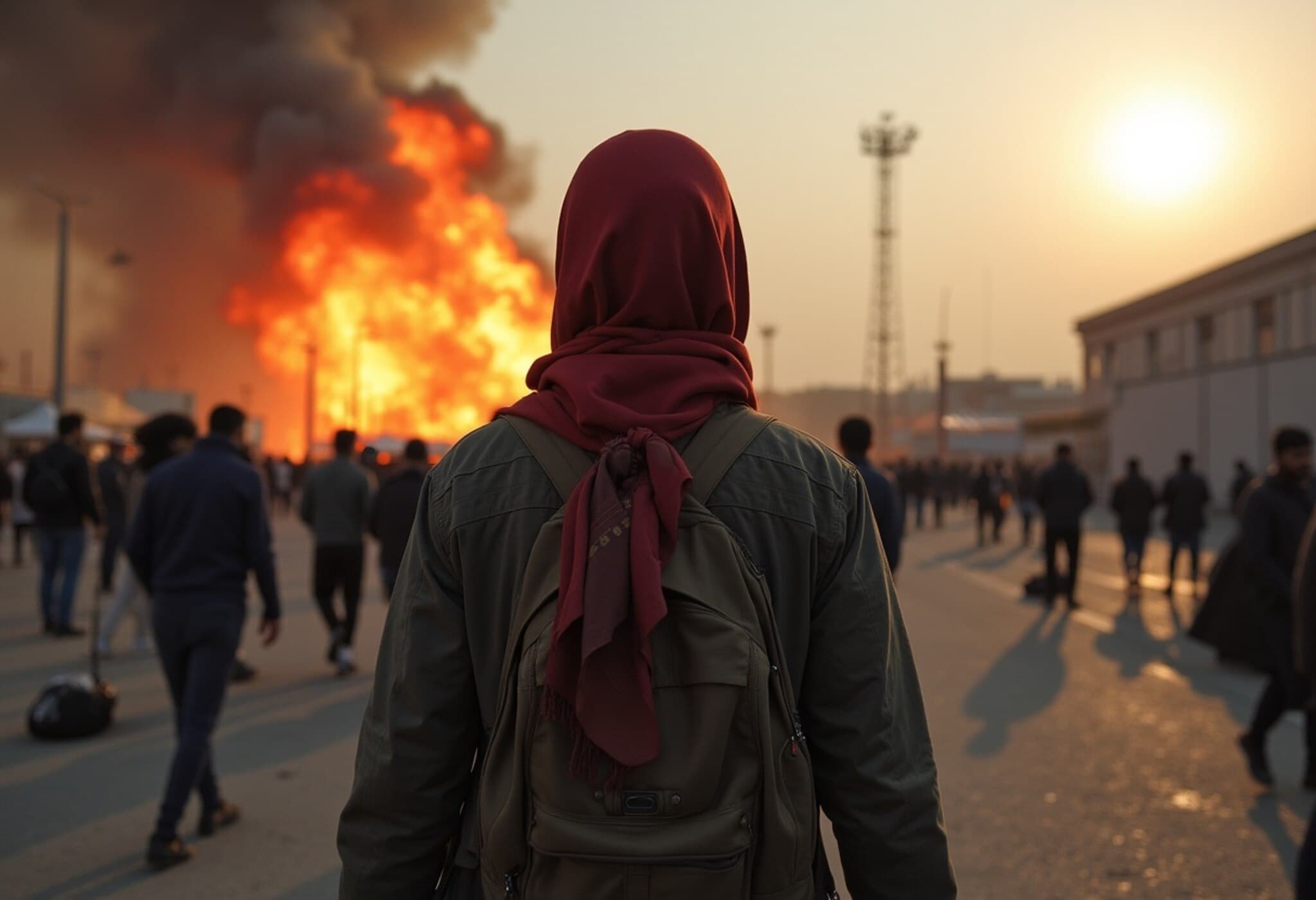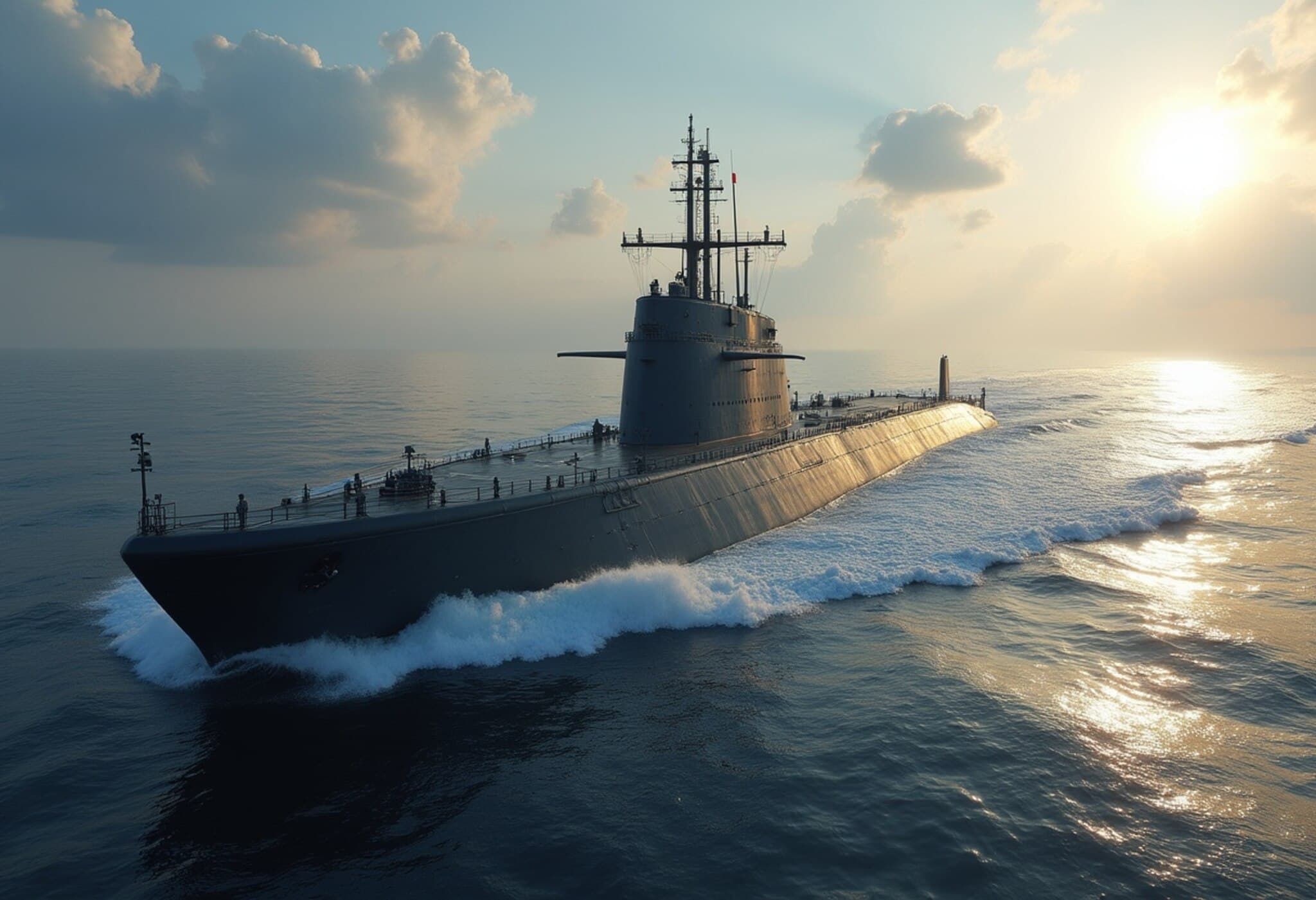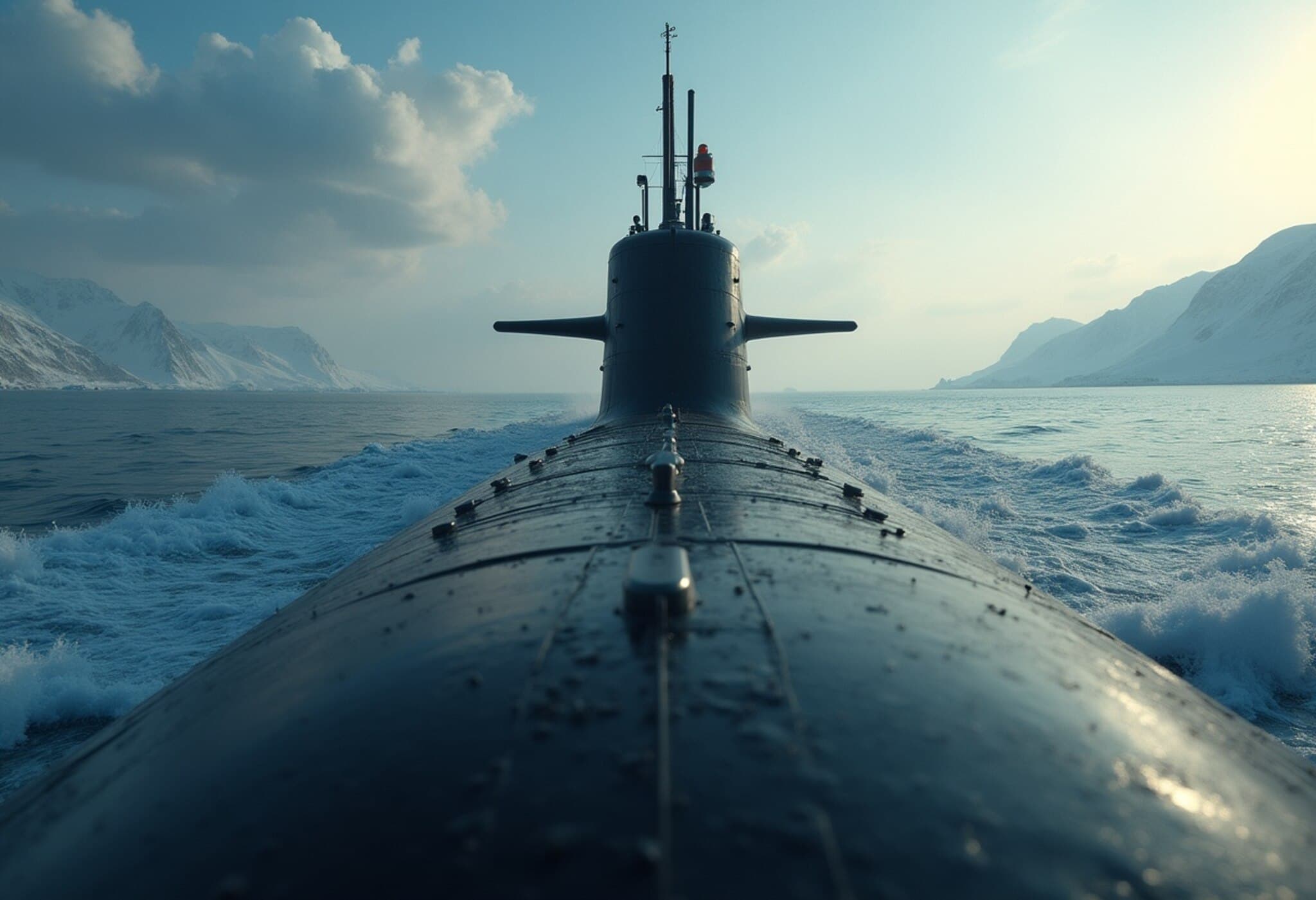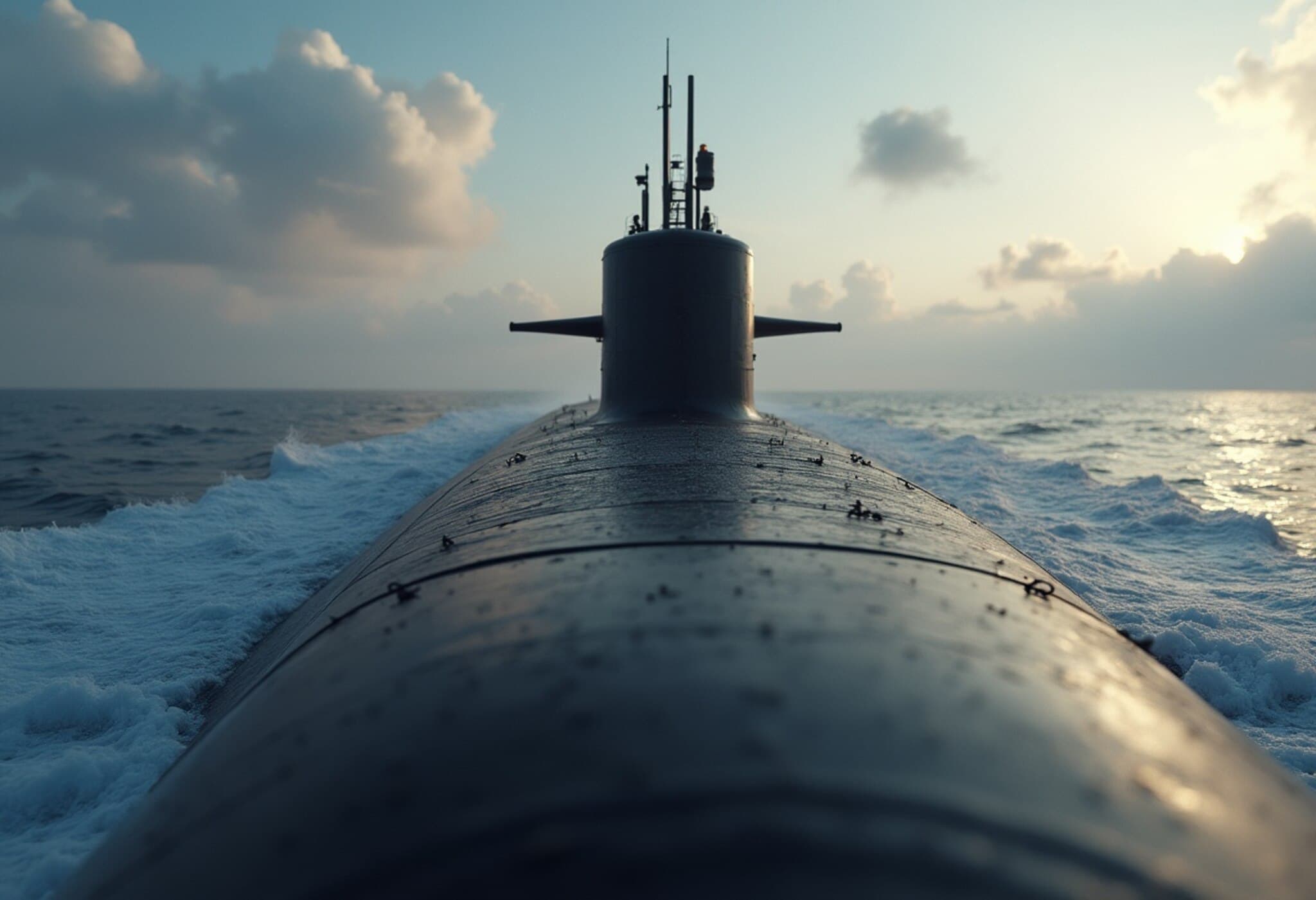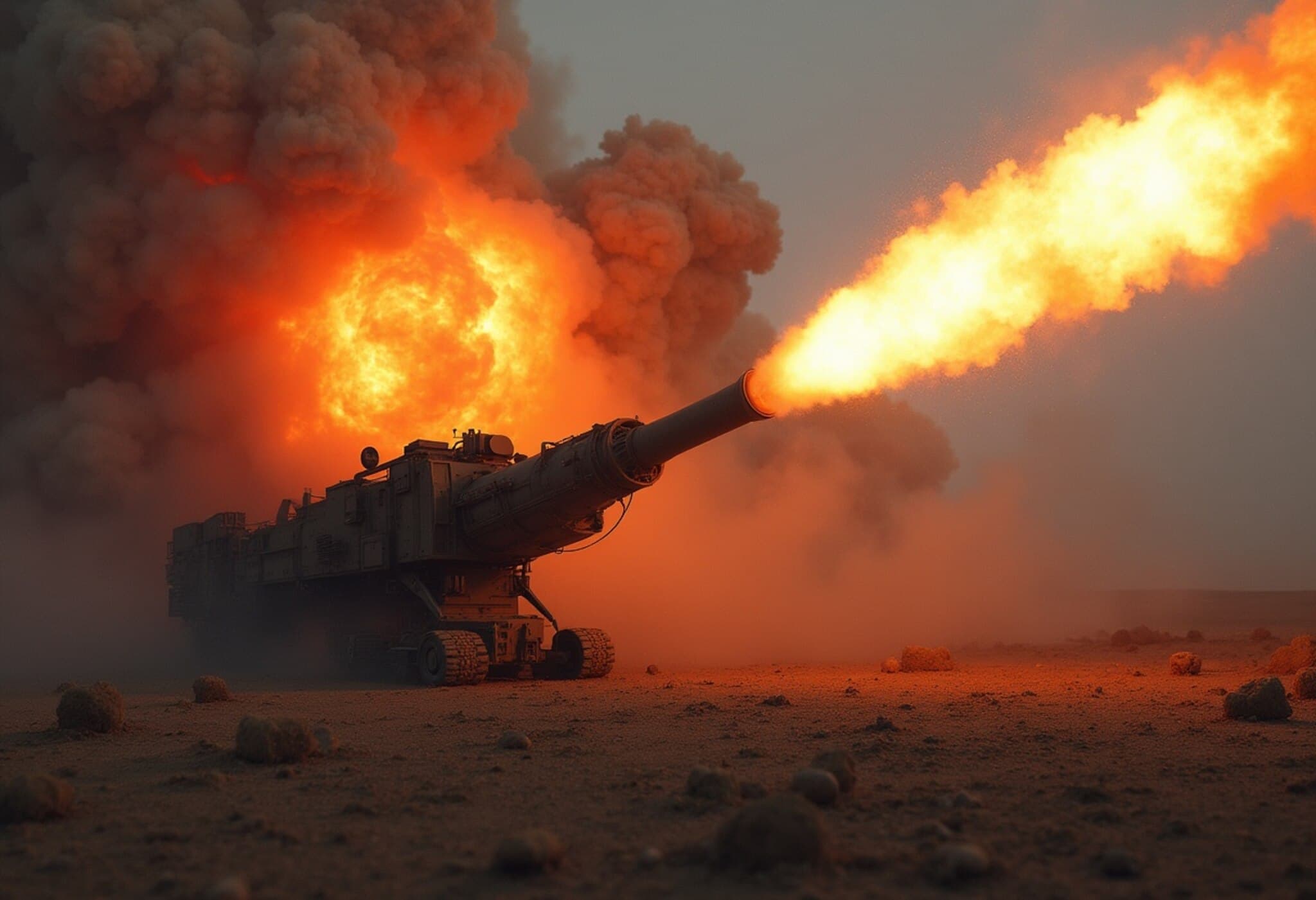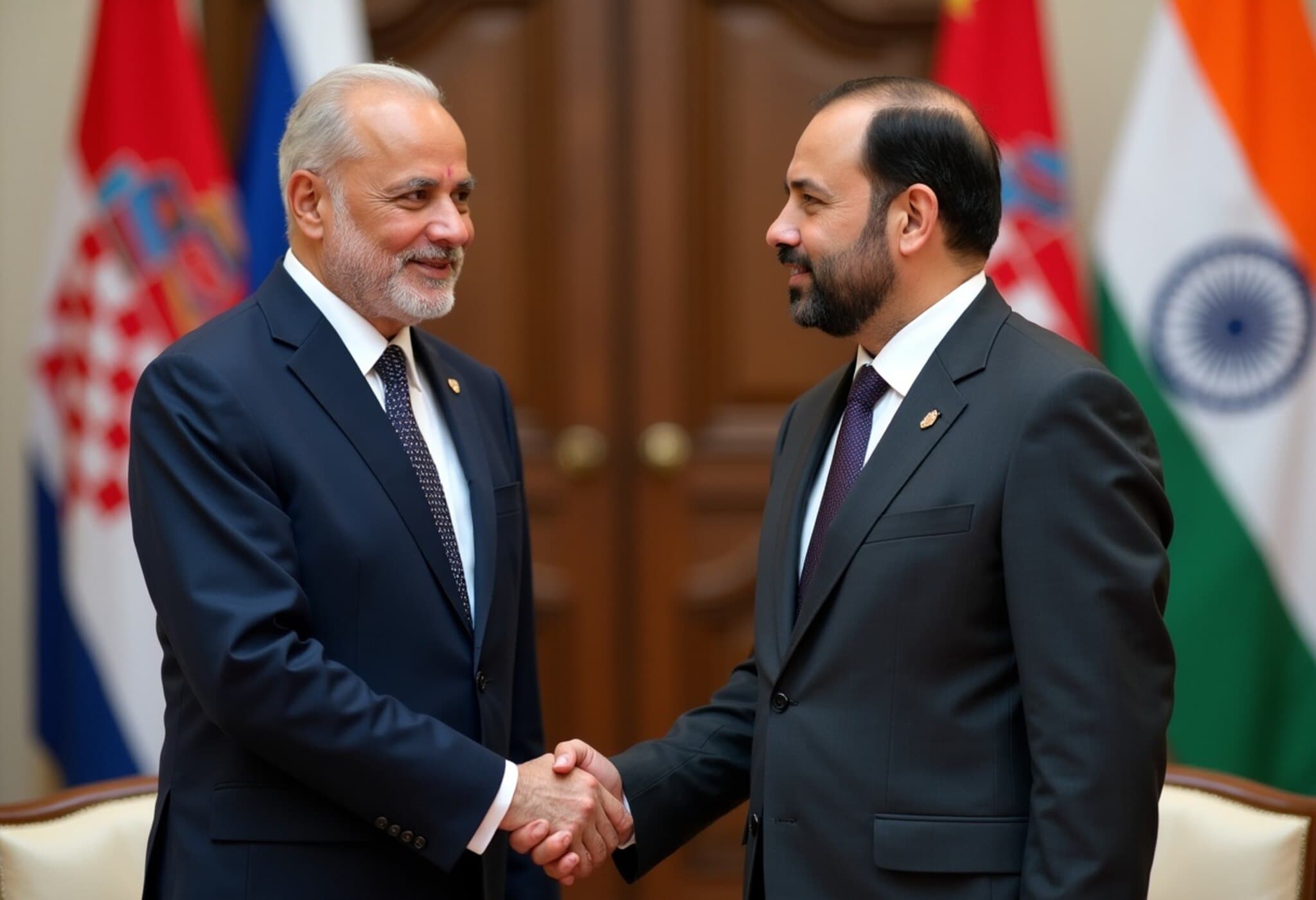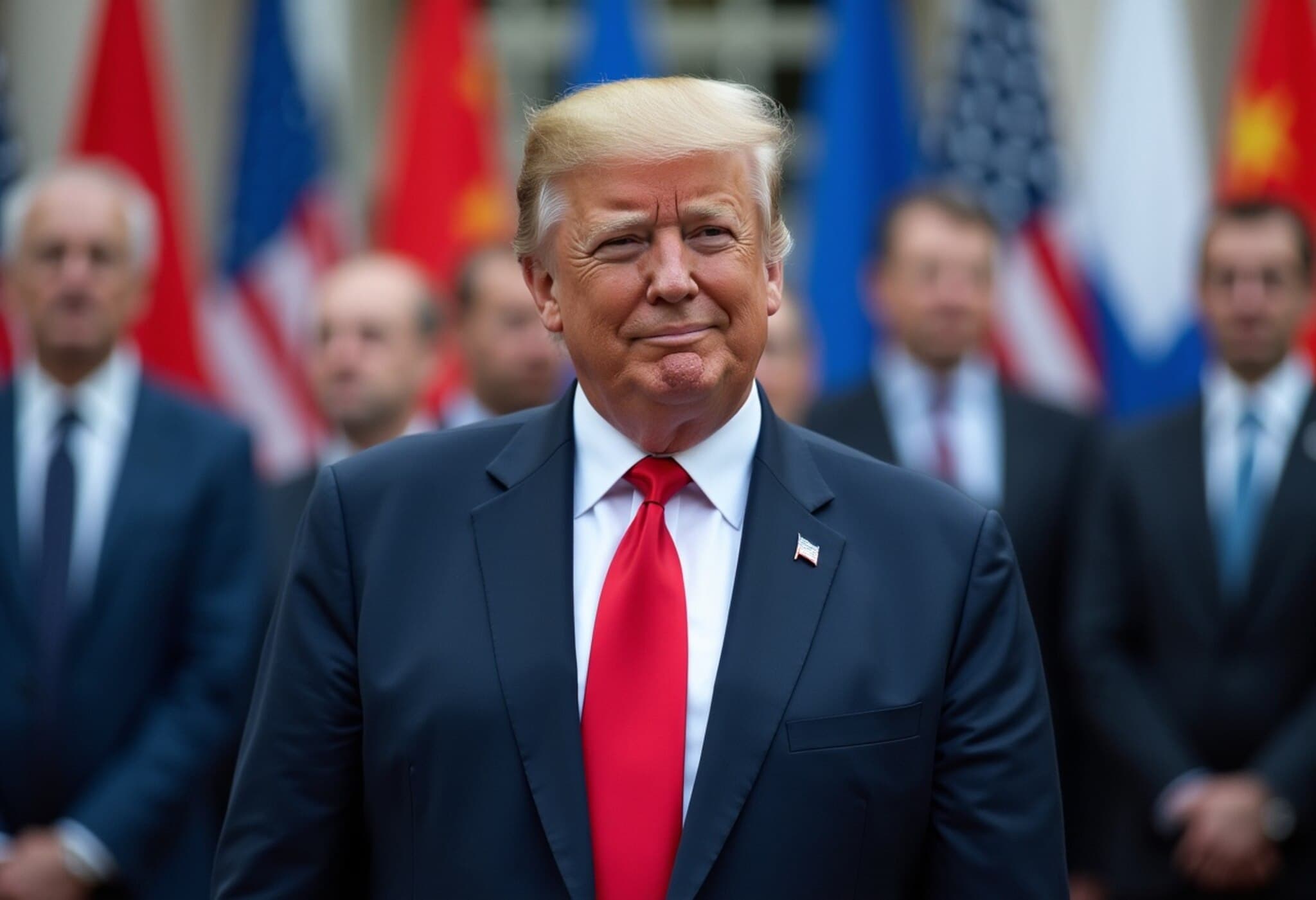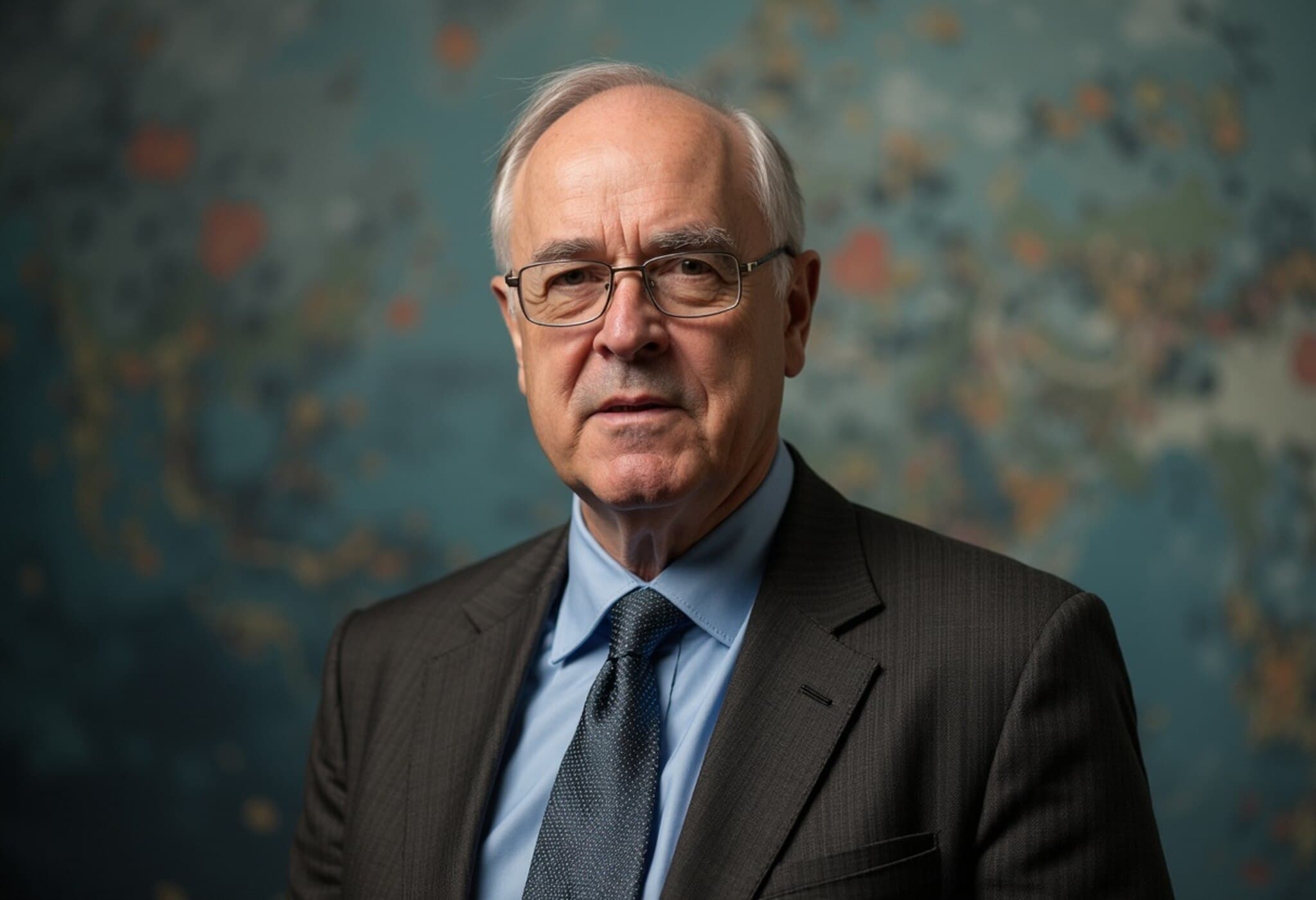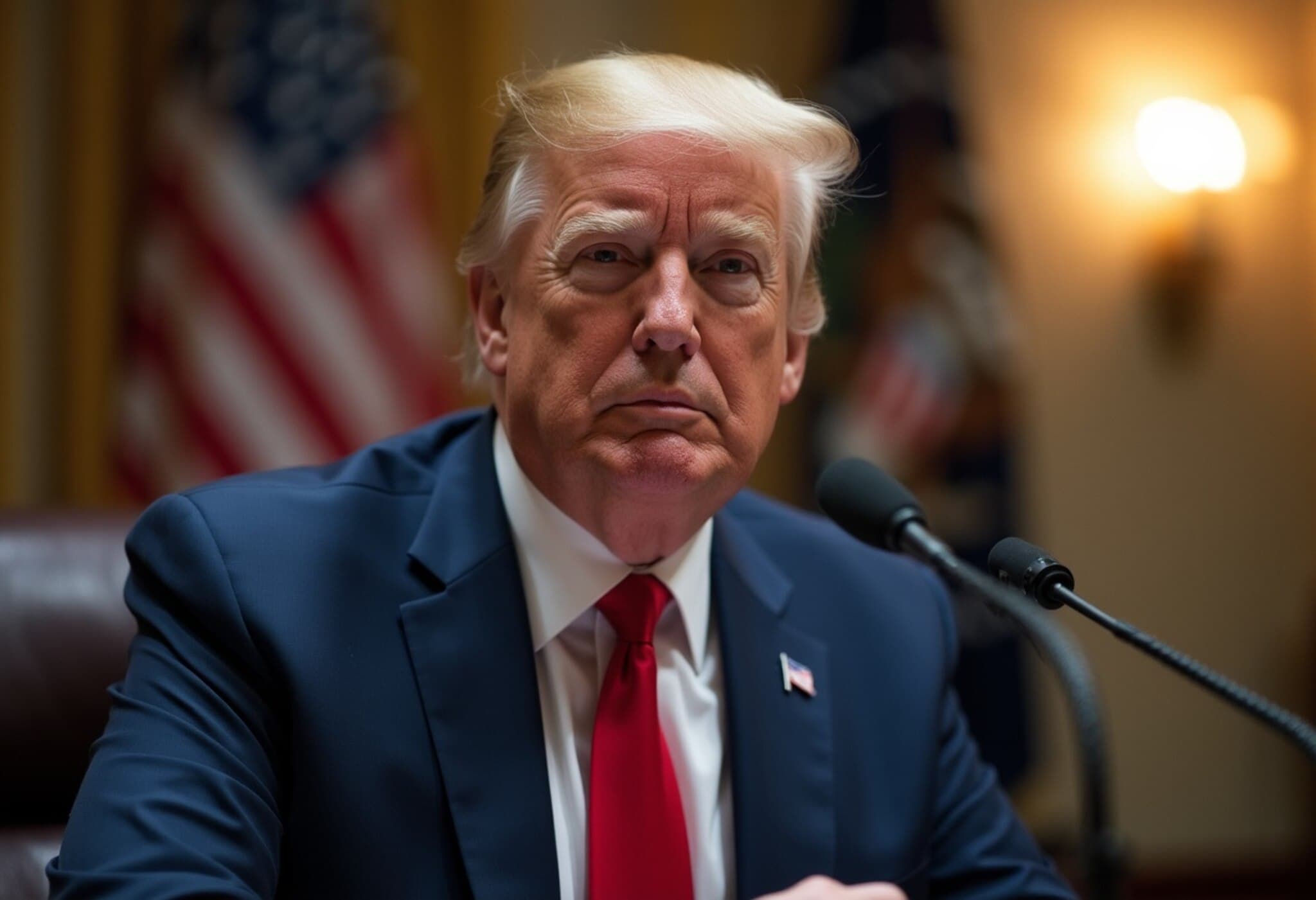US Orders Deployment of Two Nuclear Submarines Amid Rising Tensions
In a dramatic escalation of rhetoric and military posturing, former U.S. President Donald Trump announced the deployment of two nuclear submarines to undisclosed locations following a provocatively worded exchange with Dmitry Medvedev, Russia’s ex-president and current deputy chairman of the Russian Security Council. This move underscores the fragile state of international relations, reminiscent of Cold War-era brinkmanship.
The Root of the Spat: Trade Sanctions and Sharp Words
The conflict ignited after Trump imposed trade penalties on India due to its ongoing relations with Russia. Referring to Medvedev disparagingly as the “failed former President of Russia,” Trump criticized Russia’s position on global trade and warned of potential consequences from heated language. In response, Medvedev did not hold back, referencing Russia’s Cold War nuclear “Dead Hand” strategy, a grim reminder of Moscow’s longstanding willingness to use nuclear deterrence as a geopolitical tool.
Trump’s Reaction: A Warning of ‘Unintended Consequences’
Trump’s announcement, made via his social media platform Truth Social, read: “Based on the highly provocative statements of the former president of Russia, Dmitry Medvedev, I have ordered two nuclear submarines to be positioned in the appropriate regions, just in case these foolish and inflammatory statements are more than just that.” He underscored the seriousness of words in international diplomacy and warned such provocations could trigger unpredictable and dangerous outcomes.
Medvedev’s Retort: Cold War Echoes and a Stance of Defiance
Medvedev’s remarks, posted on Telegram, highlighted the resolve of Russia, emphasizing that if Trump’s words could cause such a “jittery reaction,” it signaled that Russia was on the right path. He remarked: “We'll keep moving forward on our own path,” reinforcing Russia’s defiance against Western pressure. His pointed reference to the “Dead Hand” — a Cold War era automatic nuclear retaliatory mechanism — served as a thinly veiled reminder of Russia’s formidable nuclear posture.
Contextual Insights: What This Means for Global Security
This episode reveals underlying tensions that extend beyond mere personal animosity between political figures. It spotlights the volatile intersection of military readiness, geopolitical maneuvering, and the power of rhetoric in shaping international security dynamics. Experts warn that deploying nuclear submarines, even without explicit details on armament or location, sends a powerful deterrence message but also risks escalating misunderstandings.
In the broader American policy context, this standoff emphasizes the delicate balance between sanctions enforcement and risk management. Trade penalties traditionally target economic behaviors but increasingly intertwine with military signaling. The implications for U.S.-Russia relations remain deeply precarious, with potential spillovers affecting allies, including India, which finds itself entangled in the crossfire due to its ties with both powers.
Underreported Angles: The Role of India and Regional Implications
While much attention centers on the US-Russia spat, India's positioning is a crucial yet understated dimension. Trump’s sanctions on India over its diplomatic and trade engagements with Russia highlight the complexities of global alliance-building. India’s strategic autonomy approach challenges binary alignments and could become a flashpoint if superpower tensions heighten.
Looking Ahead: Questions for Global Leaders
- How will this public display of nuclear saber-rattling influence diplomatic channels behind closed doors?
- Can the U.S. and Russia find a pathway to de-escalate without further military mobilization?
- What are the long-term implications for regional security architectures, especially in South Asia?
Editor’s Note
In an era where words carry as much weight as weapon systems, the recent exchange between Donald Trump and Dmitry Medvedev underscores the fragility of modern nuclear diplomacy. The deployment of nuclear submarines signals a return to Cold War-style posturing that risks unintended escalation in a world still grappling with complex alliances and regional conflicts. Readers should watch closely how these developments affect not only U.S.-Russia dynamics but also the broader geopolitical landscape, particularly the role regional players like India will play amid superpower tensions.
This incident raises pressing questions about the effectiveness of sanctions, the strategic use of rhetoric in international politics, and the mechanisms available to prevent such exchanges from spiraling into crisis. As tensions simmer, transparency, diplomacy, and measured communication remain paramount to averting destabilizing outcomes.

